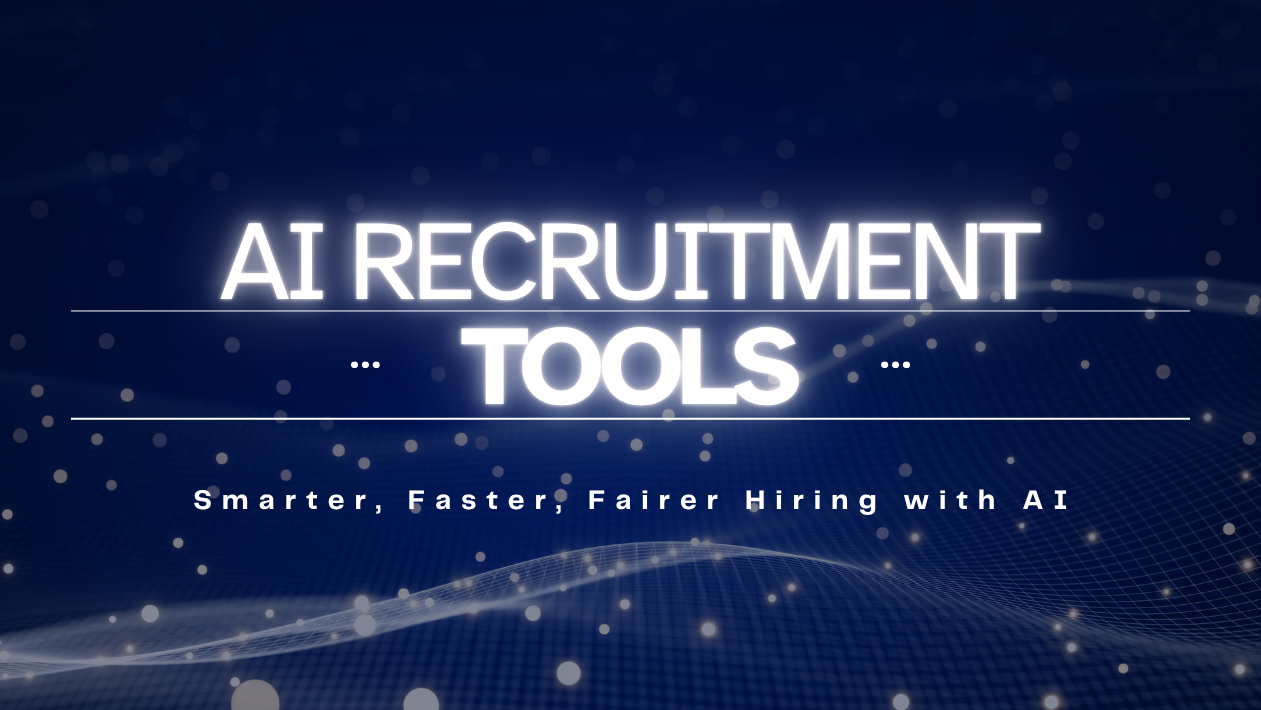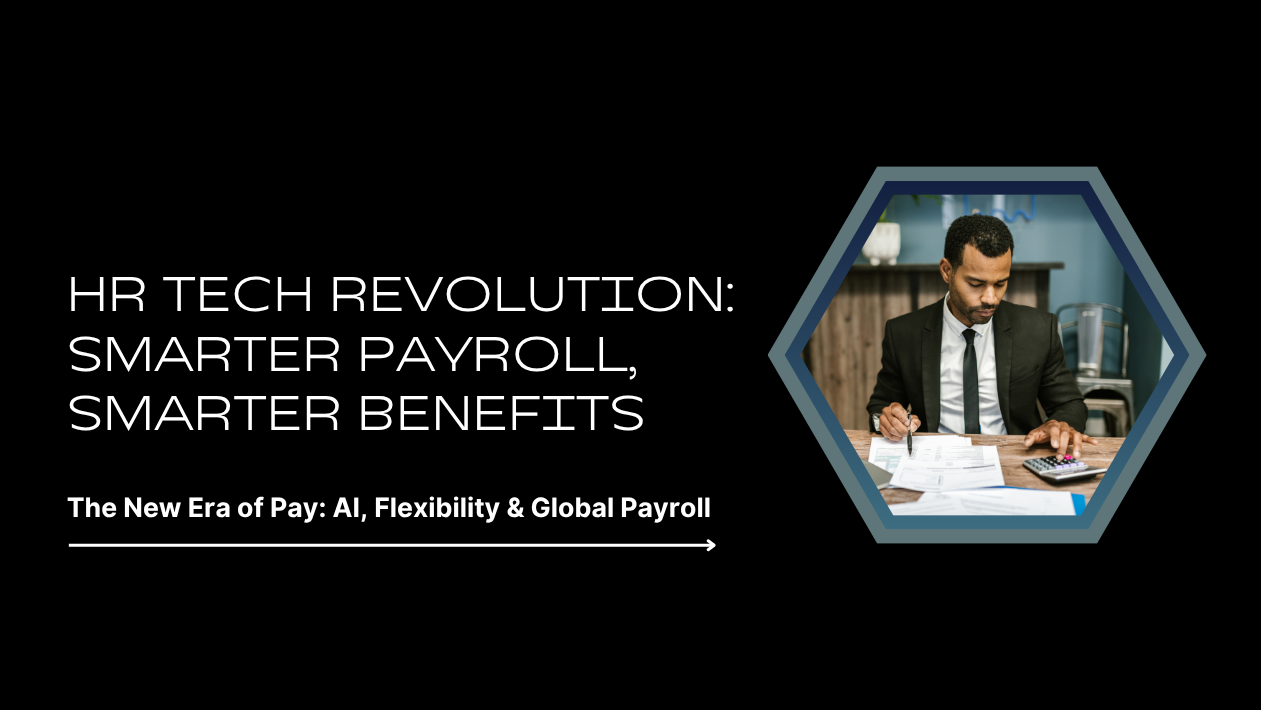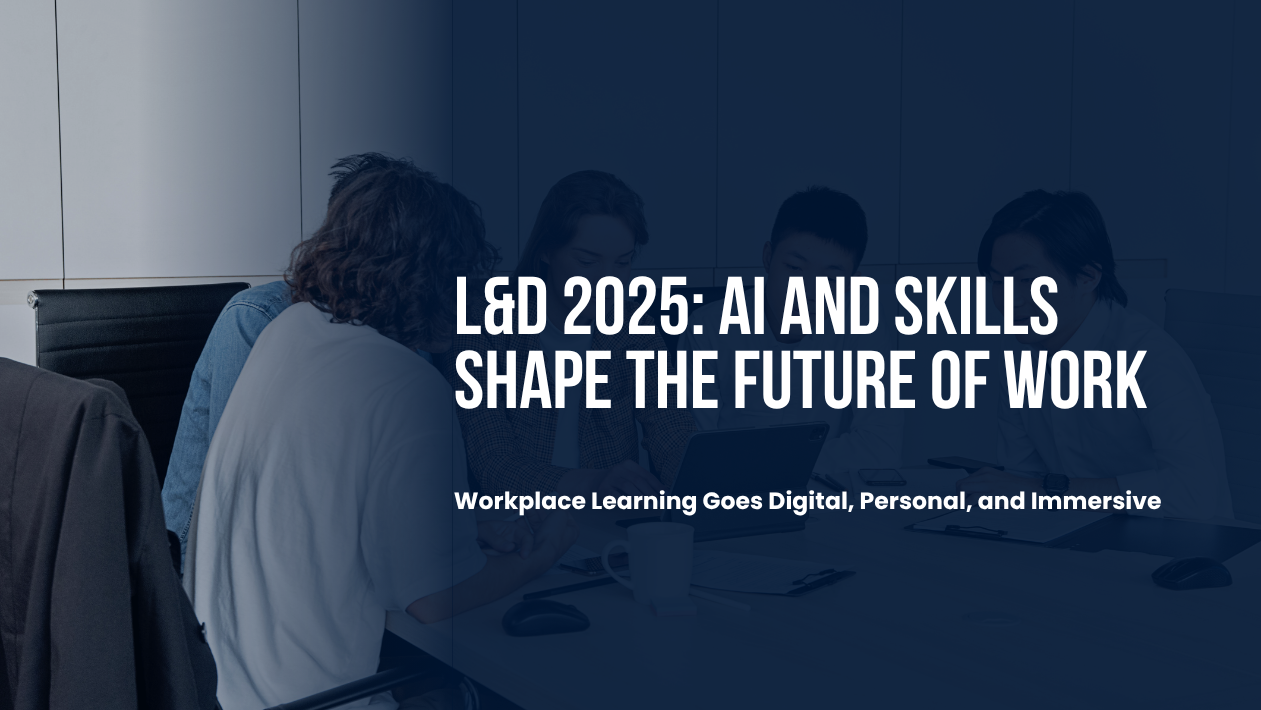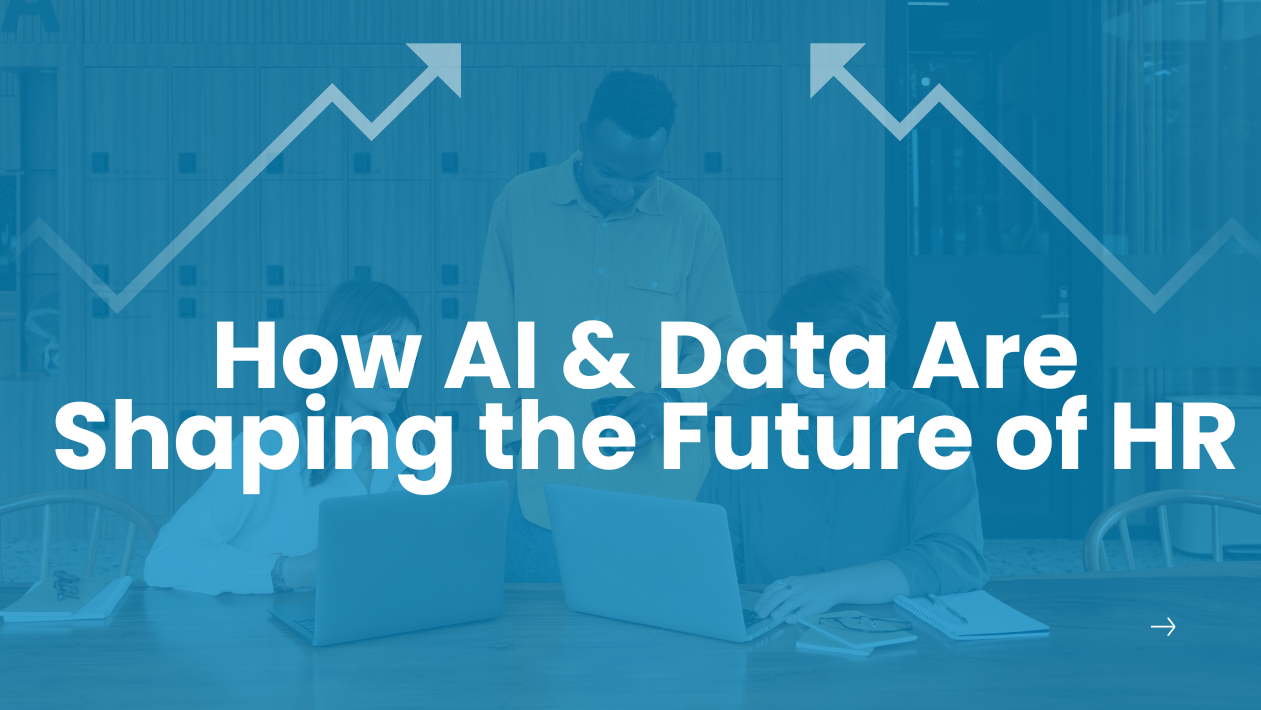Employee engagement has become a strategic priority for organizations worldwide in 2025. With hybrid work now the norm and competition for top talent intensifying, companies are using AI-driven analytics, personalized well-being initiatives, and continuous feedback platforms to create stronger connections between employees and their work.
AI-Powered Engagement Platforms Take the Lead
Modern engagement platforms—such as Qualtrics XM, Culture Amp, and Peakon—use AI to analyze employee sentiment in real time. By tracking trends across surveys, chat messages, and collaboration tools, HR leaders can spot burnout risks, morale dips, or team conflicts before they escalate.
Natural language processing (NLP) allows these systems to detect tone and emotion, giving leaders actionable insights to boost satisfaction and productivity.
Hybrid Work Spurs a Culture-First Strategy
With many employees working in hybrid or fully remote environments, companies are doubling down on culture-building. Virtual team events, digital recognition programs, and cross-border mentorships are helping employees feel connected regardless of location.
Organizations are redesigning offices to serve as collaboration hubs rather than daily workspaces, fostering in-person creativity when teams gather.
Well-Being and Mental Health Investments Grow
Employee well-being is now central to engagement. Companies are offering mental health apps, flexible schedules, and company-wide “wellness days” to combat burnout.
A 2025 Gallup study found that organizations with dedicated mental health programs reported 25% higher retention rates compared to those without.
Continuous Feedback Replaces Annual Reviews
Annual performance reviews are being replaced by continuous feedback loops, where employees receive real-time coaching and recognition. Platforms like Betterworks and 15Five integrate with collaboration tools such as Slack and Microsoft Teams, making feedback seamless and ongoing.
Data-Driven Diversity and Inclusion Efforts
Diversity, equity, and inclusion (DEI) remain top of mind. HR analytics tools now track representation metrics, pay equity, and promotion rates to ensure accountability. Transparent dashboards help leadership teams create fairer workplaces.
The Bottom Line: Engagement as a Competitive Edge
In 2025, employee engagement is not just about keeping workers happy—it’s a business imperative. Organizations with strong engagement see higher productivity, better innovation, and reduced turnover, giving them a decisive edge in a tight talent market.
As AI and analytics advance, the companies that prioritize people-first strategies will continue to attract and retain the best talent.





